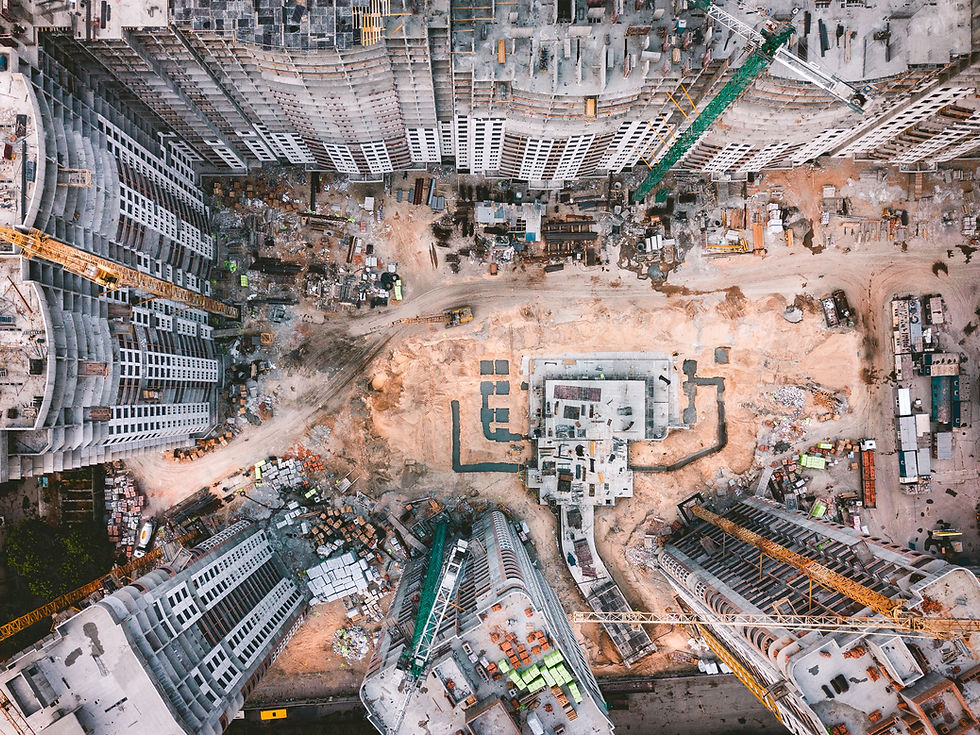Understanding the Insurance Process for Commercial Disaster Response
- Coastal Reconstruction Group

- Jul 26, 2023
- 3 min read
Updated: Mar 28, 2025

When a disaster strikes, the immediate response is crucial, but what follows is equally important. The insurance process for commercial disaster response can be complex and challenging to navigate. This blog post will guide you through the insurance process, ensuring your business can recover and rebuild effectively.
The Role of Insurance in Commercial Disaster Response
Insurance is a critical component of commercial disaster response. It provides the necessary financial support to restore your business following a disaster. Understanding your insurance policy and the process for filing a claim can significantly streamline your recovery.
Know Your Insurance Policy
The first step in the insurance process for commercial disaster response is understanding your policy. Commercial insurance policies can be complex, with various coverages, exclusions, and conditions. Familiarize yourself with your policy to understand what types of disaster damage are covered.
Document the Damage
After ensuring everyone's safety and securing your property, it's time to document the damage. This step is crucial in the commercial disaster response process. Capture photos and videos of all affected areas, including structural damage, water damage, fire damage, or other visible signs of disaster. This documentation will be vital when filing your insurance claim.
Reach Out to Your Insurance Provider
Once you've documented the damage, the next step in the commercial disaster response is to contact your insurance provider. Provide them with all the necessary information and documentation. The sooner you file the claim, the sooner the insurance process can begin.
Collaborate with an Adjuster
After filing the claim, an insurance adjuster will be assigned to your case. The adjuster's role is to assess the damage and determine the payout from the insurance company for the repairs. It's important to cooperate with the adjuster but also to advocate for your business's best interests.
Restoration and Repair
Once the claim is approved, the final step in the commercial disaster response is to begin the restoration and repair process. Working with a professional disaster response and restoration company ensures the work is done correctly and efficiently.
Conclusion
Understanding the insurance process for commercial disaster response can make the recovery process smoother and less stressful. Remember, every insurance policy is different, so it's important to review your coverage and understand your rights. If you need assistance with disaster response and restoration, don't hesitate to Contact Us at Coastal Reconstruction Group.
FAQs (Frequently Asked Questions)
What types of damage does commercial disaster response insurance typically cover?
Commercial disaster response insurance typically covers damage caused by a variety of disasters, including fires, floods, hurricanes, and other natural disasters. It's important to review your specific policy to understand exactly what types of damage are covered.
How can I document the damage for my insurance claim?
To document the damage for your insurance claim, take detailed photos and videos of all affected areas. This should include any structural damage, water damage, fire damage, or other visible signs of disaster. This documentation will be crucial when filing your insurance claim.
What role does an insurance adjuster play in the commercial disaster response process?
An insurance adjuster is responsible for assessing the damage to your property and determining the amount the insurance company will pay for repairs. They will review your claim, inspect the damage, and work with you to settle the claim.
What should I do if my insurance claim is denied or I disagree with the adjuster's assessment?
If your insurance claim is denied or you disagree with the adjuster's assessment, you can request a review or appeal the decision. It may be beneficial to work with a public adjuster or an attorney who specializes in insurance claims to navigate this process.
What should I look for in a disaster response and restoration company?
When choosing a disaster response and restoration company, look for a company with a strong reputation, a quick response time, and experience dealing with your specific type of disaster. They should also be able to guide you through the insurance process and work with your insurance company to handle the claim.









Comments